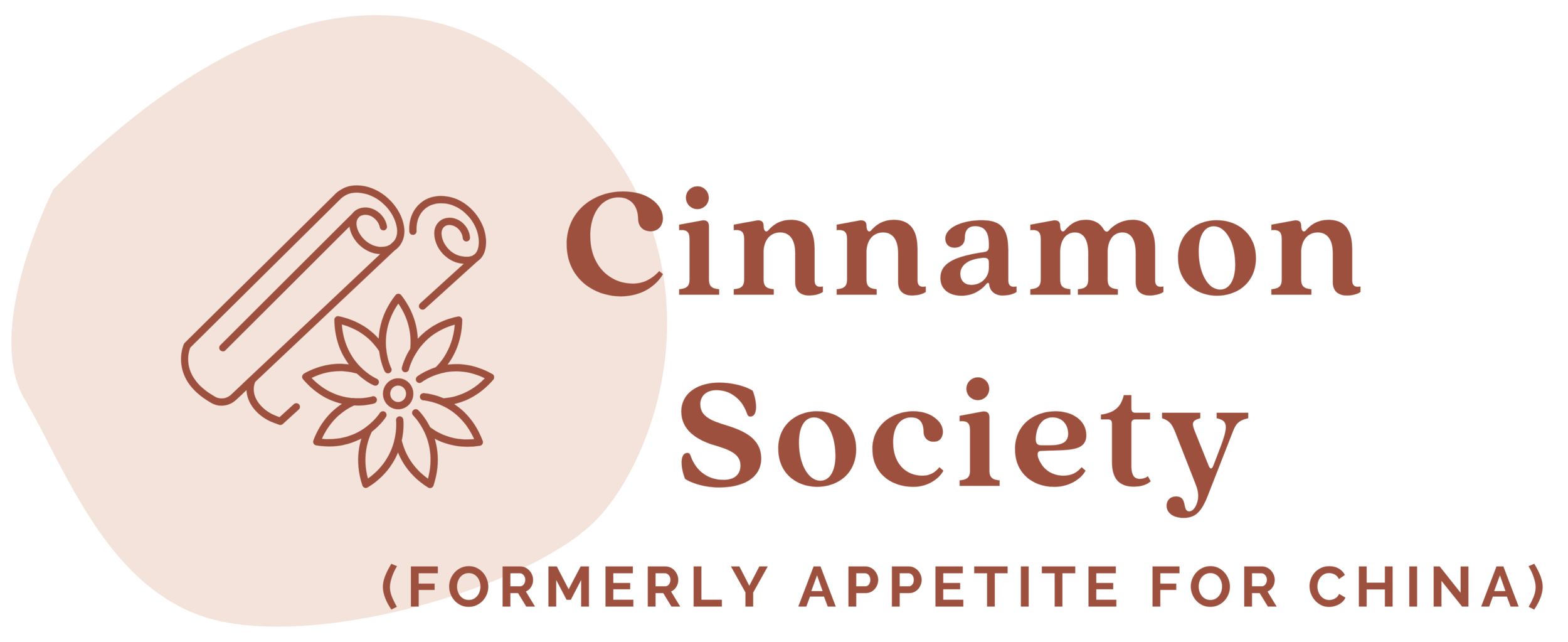A Tea Geek's Journey: Dragon Well Tea Fields in Hangzhou
 As much as I love writing about cooking and restaurants, the food geek in me gets the most pleasure from going straight to the source of any food product. I had already been to a number of wineries, breweries, organic farms and Big Ag farms. But tea fields had always been on my list of unfulfilled dream destinations. Some people fantasize about sunbathing on tropical beaches, I fantasized about hiking up terraced hillsides in muggy climates to see tea farmers in action.
As much as I love writing about cooking and restaurants, the food geek in me gets the most pleasure from going straight to the source of any food product. I had already been to a number of wineries, breweries, organic farms and Big Ag farms. But tea fields had always been on my list of unfulfilled dream destinations. Some people fantasize about sunbathing on tropical beaches, I fantasized about hiking up terraced hillsides in muggy climates to see tea farmers in action.
Two weekends ago, when I was in Hangzhou, I was surprised to find out just how accessible the nearby tea fields were. I knew that Hangzhou was well-known for producing Dragon Well, or Longjing tea, one of the most prized teas in China. But for some reason I had imagined the tea plantations to be far outside the city, and that visiting required either booking an overpriced tour or days of advanced planning.

Then I found out that 香山 (xiangshan, aka Fragrant Mountain) was actually just south of West Lake, and that getting to the top from the city center was just a 15 or 20 kuai cab ride. After reaching the top, we went inside the Tea Park (posted admission was 3 kuai, but the ticket lady just waved us in.) We passed by some enormous metal tea kettles and cups, and hiked up some steps to an observation deck. We could make out the outlines of the rows and rows of tea plants on the terraced hillside, but the view was hazy thanks to that famous Chinese smog.
Then somehow, upon descending, we wandered off-course. Now, it could very well be that we were trespassing and hiking where we shouldn't have been, except on the way up the mountain from the cab I saw several other small groups of tourists, without guides, wandering through the tea fields. (Tea sellers we met later on also asked whether we had a chance to hike through the fields yet.) And of course, we made sure to stay on the walking paths and not damage any plants.
Fresh tea leaves, for anyone who has only seen dried leaves (or god forbid, tea bags), are actually about the length of an adult palm and probably half the width. After leaving the park we wandered furthur up the mountain to a small village, where practically every single family operated a tea businesses. One family was outside drying leaves, and invited us in to see photograph the process.

Longjing, like all green teas, are pan-fried after picking to stop the fermentation process (fully fermented teas are black teas, partially fermented are called oolong.)
The woman-of-the-house had a large pile of fresh leaves that she said were just picked the day before. She put about 10 fistfuls of leaves into a metal thresher, that spun them around until they were semi-dry. That was the first drying process.

Then her husband would take the leaves and dry them a second time, spinning them by hand around a lightly oiled and heated metal drum. This is to create a nice sheen on the leaves, the woman told me. The very flat shape of the leaves is a result of this laborious drying process.
The tea that her family was making that day was the more inexpensive kind, because it was picked late in the season. Dragon's Well harvesting season goes from mid-March to early May; the earlier the picking, the more expensive. For easier classification, vendors refer to their tea as pre-Qingming or post-QingMing, refering to the Chinese Tomb Sweeping holiday in early April. Some of the earliest go for thousands of RMB per jin (500 grams).

Jake and I went into another tea shop and tasted some tea that were picked late March, and some that were picked in mid April. The earlier picked was definitely more fragrant, but also twice as expensive.
It was a hot day, and we were already sweaty from the hike, but it would have been sacriledge to not sip Dragon's Well tea just steps away from where it's grown. The taste upon first steeping was sharp and slightly bitter due to the large amount of leaves, but became nice and mellow after several cups.
Tea fields in China definitely draw tourists the same way vineyards in Europe and the US do. And weddings. We stopped in the park again after sipping and buying tea, and bumped into not 1, not 2, but 14 separate wedding parties. (Yes, apparently China is so populous that you even get married with tons of other people.) Each bride and groom took turns walking down the lawn and posing for photos with the costumed eunuchs. Each groom pulled his respective wife around in a rickshaw for half a minute. Bored wedding guests sat around marble tables, playing cards and of course, sipping Dragons Well tea.

Dragon Well Tea Fields (龙井文茶 Longjing Wencha)
Take Bus 3 or 27 (accessible from the south side of West Lake) or ask any taxi driver worth his tea leaves to bring you to Longjing Wencha.
